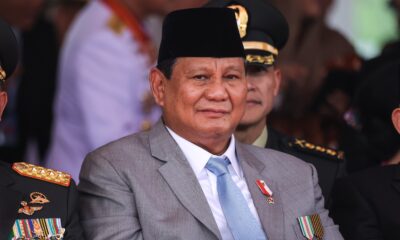Military Obesity Threatens National Security

A recent study conducted by the American Security Project revealed a worrying trend in the U.S. military, with nearly 70% of American soldiers classified as overweight or obese. This has significant implications for our nation’s military readiness and national security.
The Body Mass Index (BMI) was used to assess the weight status of the soldiers, with the “obese” category more than doubling over the past decade from 10.4% in 2012 to 21.6% in 2022. This alarming trend suggests that obesity is a significant issue that needs to be addressed urgently.
Obesity has long been a disqualifier for military applicants, with less than a quarter of Americans aged 17 to 24 qualifying both academically and physically for military service. This poses a significant challenge to the U.S. military, which has struggled mightily to meet enlistment goals in recent years.
In response to these findings, the American Security Project has recommended several measures to tackle obesity in the military. These include scrapping policies that exempt obese troops from medical intervention, referring obese troops to appropriate physicians for treatment, and producing more frequent military obesity reports.
The issue of obesity in the military is not just a matter of personal discipline or willpower; it is a health crisis that requires urgent attention. The American Medical Association has recently updated its policies on BMI, acknowledging its limitations and urging doctors to use it as just one measure of body composition.
In recent years, the U.S. military has taken steps to address obesity, with the Army and Navy introducing fitness courses to engage potential recruits early and get them into shape. However, more needs to be done to overcome the negative stigma surrounding weight issues and ensure our armed forces’ long-term strength and operability.
The report argues that a shift in attitude is necessary, with a focus on proactive measures to address obesity-related health conditions. This is not just a matter of national security; it is a matter of the health and well-being of our soldiers. The military must take decisive and cohesive action to address obesity within its ranks, maintaining strong body composition standards and aligning health policies with evidence-based recommendations.
This report should be a wake-up call for the U.S. military and the American public. Obesity is not just a personal issue; it is a national security issue that requires immediate action. Our soldiers need to be fit and ready to defend our nation, and tackling obesity is a crucial step in ensuring their readiness.
























